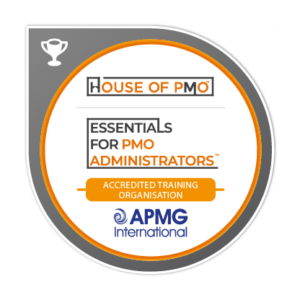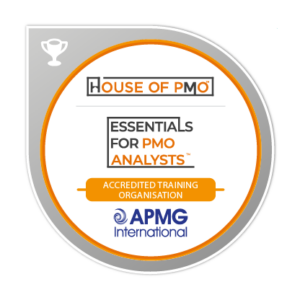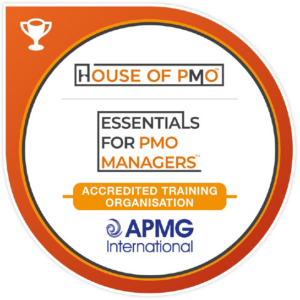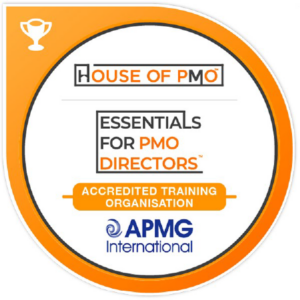
You see it a lot in job descriptions for PMO roles:
Experienced in project management tools and techniques
The job description will outline some of them – the ones that will be most in use in the PMO, project or organisation.
The tools nearly always focus on the PPM tool being used, for example, MS Project for Gantt charts. It’s easier to name the tools than it is the techniques.
In this article, we take a look at the difference between tools and techniques as defined in P3O®.
Tools
Let’s take a look at the definition of Tools in the context of the P3O®.
Tools – a data manipulation system that is used to present information to inform or improve decision making.
There are three main categories of tools to consider:
- Individual Tools (1:1) – individual tools are used for one data set, for example for one project, that is personally developed. Changes to individual tools can be made with little to no impact.
- Collaborative Tools (m:1) – Many people may use the tool for one data set. Collaborative tools generally need more attention, and need instructions for consistent use. They also need each element to be formally defined, so as to ensure consistency between all those who use the tool.
- Integrated Tools (m:m) – The Integrated tool is used by many people for many different data sets, for example for several projects throughout the organisation. The implementation and use of these tools require careful planning, with formal definitions based on standardised P3O® processes.
Techniques
Now let’s take a look at a definition of Techniques in a P3O® context.
Techniques – A procedure that is used to accomplish a specific activity or task.
Techniques can be seen as defined processes that are standardised within an organisation in order to complete an activity. You may use tools as part of a specific technique, for example, the technique for producing a project schedule may include the use of a tool such as MS Project. How this tool was used would be defined as part of the technique.
An organisation can utilise tools and techniques most effectively by establishing defined standards for them. Here are some possible benefits of embedding standardised tools and techniques within your organisation:
- Improving Project and Programme management across geography – improvements in connectivity may also improve collaboration across projects and programmes
- Improved competence of staff – reduced dependency on knowledge being shared person-to-person, as the transfer of information can be made based on facts and historical data
- Increased automation of business processes – tools and techniques are able to reduce the need for certain manual tasks such as data collection, printing and distribution
Examples of tools and techniques may include portfolio prioritisation and optimisation tools, that categorise projects and programmes, complexity modelling tools that determine the appropriate lifecycles and levels of governance required, to facilitation workshops to develop greater understanding, teamwork and effective decision making in meetings.
Perhaps you have been using such tools in your day-to-day – what other tools and techniques can you identify within your organisation?
 If you’re looking to learn more about the tools and techniques of the P3O®, as well as the fundamentals of P3O®, the terminology and concepts involved and the key functions and services in a P3O® model, why not join us on the P3O® Foundation course?
If you’re looking to learn more about the tools and techniques of the P3O®, as well as the fundamentals of P3O®, the terminology and concepts involved and the key functions and services in a P3O® model, why not join us on the P3O® Foundation course?
With three great learning options, no matter your budget, learning style or availability, you can get your first P3O® certification!
The P3O® courses on this page are offered by PMO Learning. P3O® is a [registered] trade mark of AXELOS Limited. P3O® is a registered trade mark of AXELOS Limited, used under permission of AXELOS Limited. The Swirl logo™ is a trade mark of AXELOS Limited, used under permission of AXELOS Limited. All rights reserved.
Enjoying Our Blog?
Sign up and receive all our articles (we’ll send you an update once a week!) plus special offers, discounts and events:











